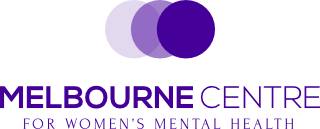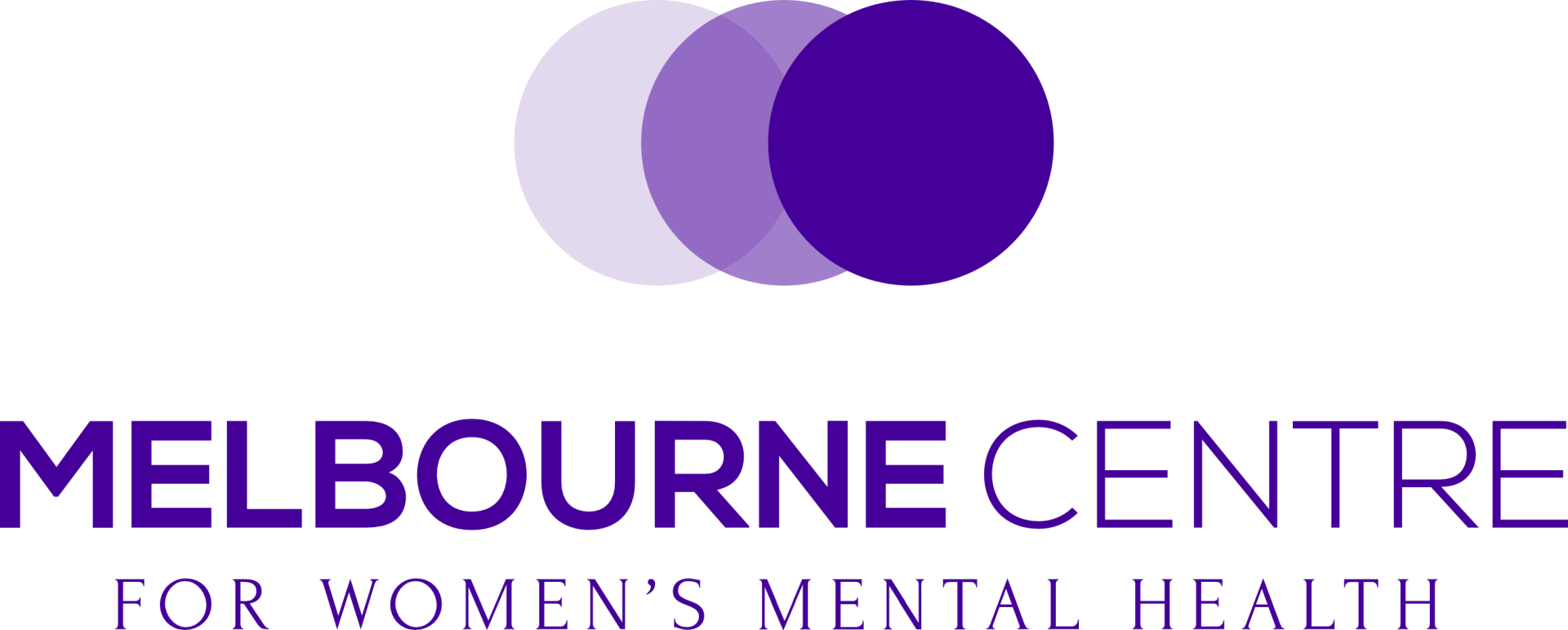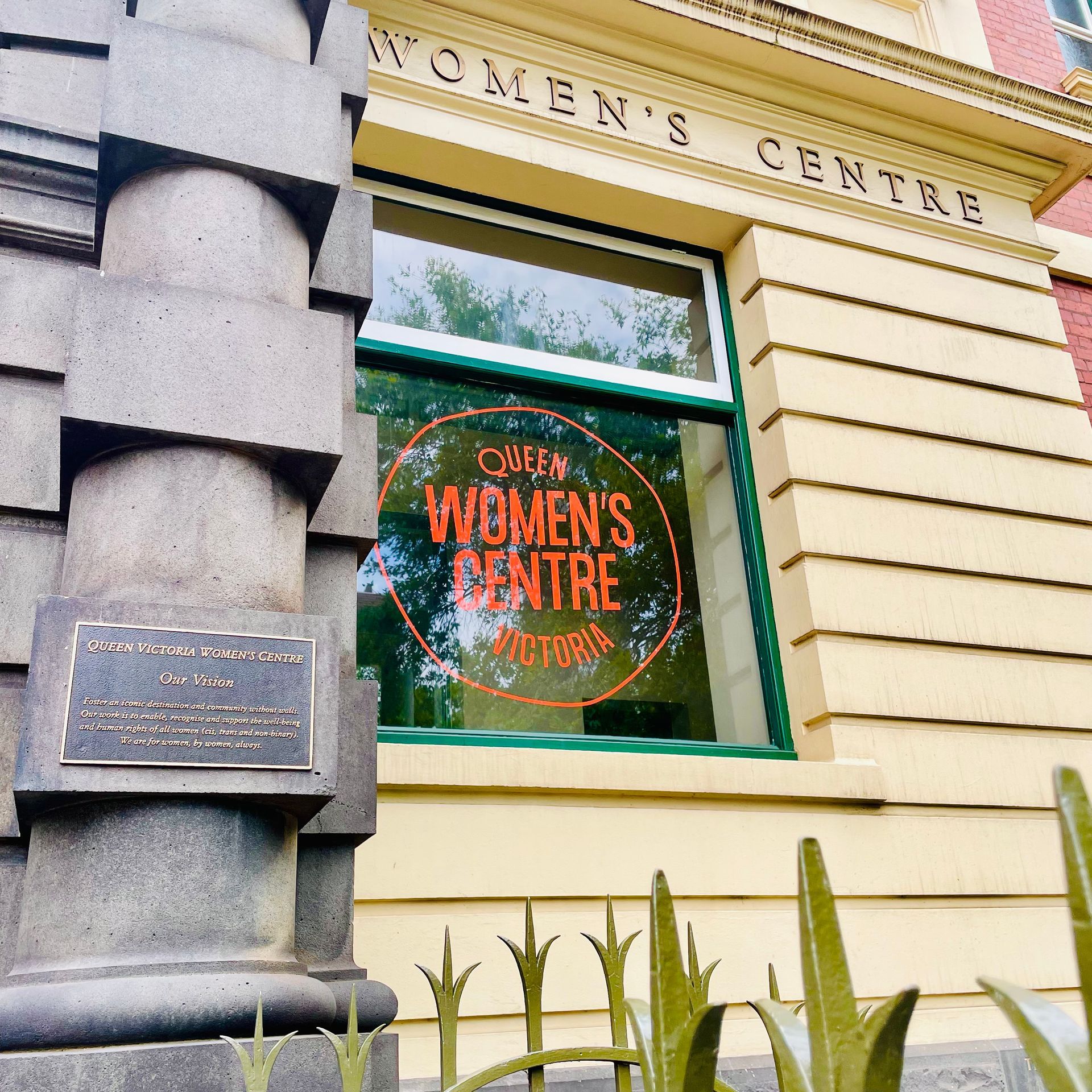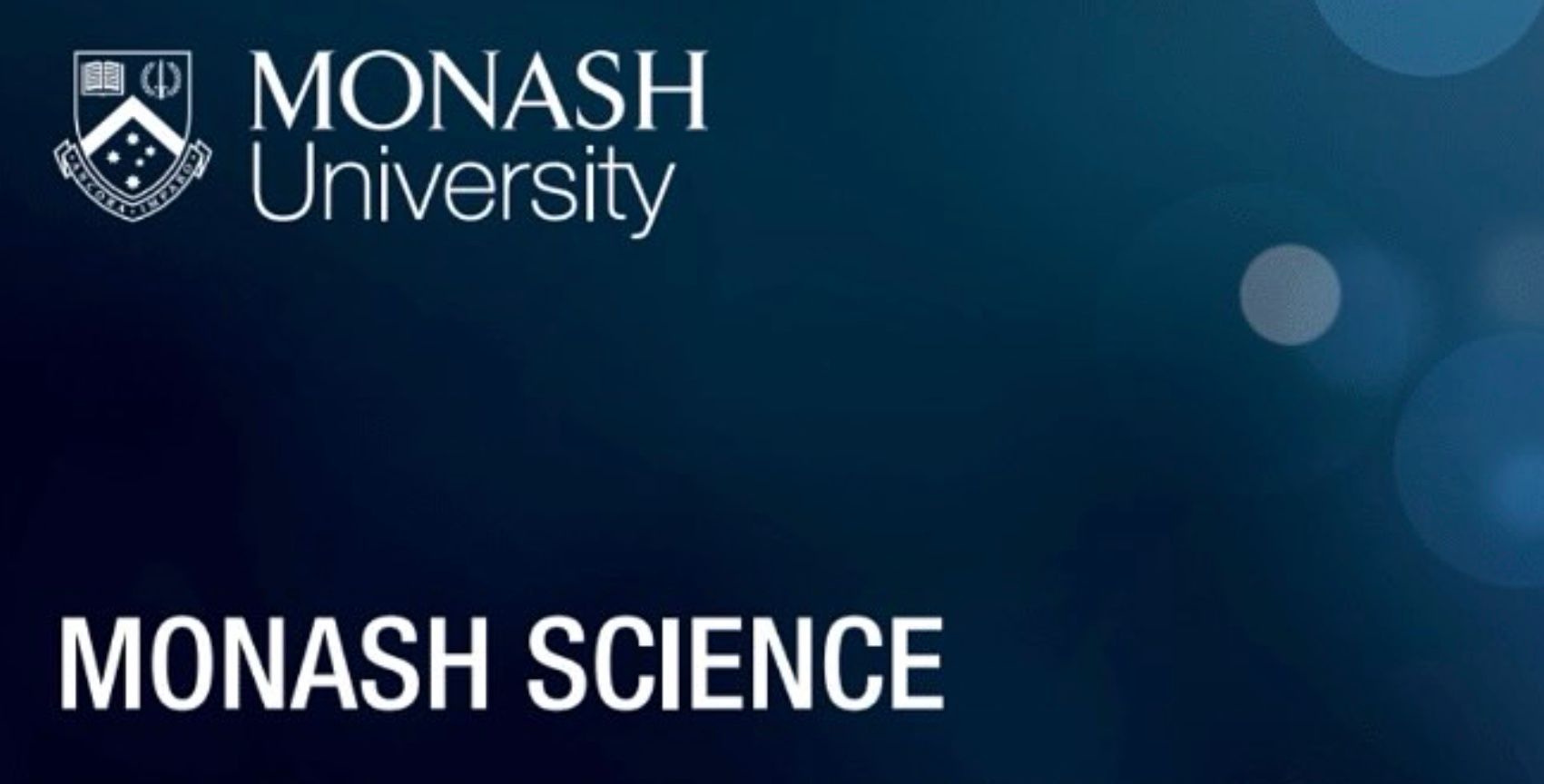The Vegan Diet
The vegan diet has become very popular. Increasingly more people have decided to go vegan for ethical, environmental or health reasons. When done correctly it may result in various health benefits.
It is important to be mindful that a diet based exclusively on plant foods may, in some cases, increase the risk of nutrient deficiencies. Vegans, especially those who are unable to meet their daily nutrient requirements through diet alone, should consider supplements.
What Is the Vegan Diet?
Veganism is defined as a way of living that attempts to exclude all forms of animal exploitation and cruelty, whether for food, clothing or any other purpose. For these reasons, the vegan diet is devoid of all animal products, including meat, eggs and dairy. People choose to follow a vegan diet for various reasons. These usually range from ethics to environmental concerns, but they can also stem from a desire to improve health.
Foods to Avoid
Vegans avoid eating any animal foods, as well as any foods containing ingredients derived from animals. These include:
- Meat and poultry: Beef, lamb, pork, veal, horse, organ meat, wild meat, chicken, turkey, goose, duck, quail, etc.
- Fish and seafood: All types of fish, anchovies, shrimp, squid, scallops, calamari, mussels, crab, lobster, etc.
- Dairy: Milk, yogurt, cheese, butter, cream, ice cream, etc.
- Eggs: From chickens, quails, ostriches, fish, etc.
- Bee products: Honey, bee pollen, royal jelly, etc.
- Animal-based ingredients: Whey, casein, lactose, egg white albumen, gelatin, cochineal or carmine, isinglass, shellac, L-cysteine, animal-derived vitamin D3 and fish-derived omega-3 fatty acids.
Foods to Eat
Vegans should substitute animal products with plant-based options such as:
- Tofu, tempeh and seitan: These provide a versatile protein-rich alternative to meat, fish, poultry and eggs in many recipes.
- Legumes: Foods such as beans, lentils and peas are excellent sources of many nutrients and beneficial plant compounds. Sprouting, fermenting and proper cooking can increase nutrient absorption.
- Nuts and nut butters: Especially un-blanched and unroasted varieties, which are good sources of iron, fibre, magnesium, zinc, selenium and vitamin E.
- Seeds: Especially hemp, chia and flaxseeds, which contain a good amount of protein and beneficial omega-3 fatty acids.
- Calcium-fortified plant milks and yogurts: These help vegans achieve their recommended dietary calcium intakes. Choose varieties fortified with vitamins B12 and D whenever possible.
- Algae: Spirulina and chlorella are good sources of complete protein. Other varieties are great sources of iodine.
- Nutritional yeast: This is an easy way to increase the protein content of vegan dishes and add an interesting cheesy flavour. Pick vitamin B12-fortified varieties whenever possible.
- Whole grains, cereals and pseudocereals: These are a great source of complex carbs, fibre, iron, B-vitamins and several minerals. Spelt, teff, amaranth and quinoa are especially high-protein options.
- Sprouted and fermented plant foods: Ezekiel bread, tempeh, miso, natto, sauerkraut, pickles, kimchi and kombucha often contain probiotics and vitamin K2. Sprouting and fermenting can also help improve mineral absorption.
- Fruits and vegetables: Both are great foods to increase your nutrient intake. Leafy greens such as bok choy, spinach, kale, watercress and mustard greens are particularly high in iron and calcium.
Risks and How to Minimize Them
Favouring a well-planned diet that limits processed foods and replaces them with nutrient-rich ones instead is important for everyone, not only vegans.
That said, those following poorly planned vegan diets are particularly at risk of certain nutrient deficiencies.
In fact, studies show that vegans are at a higher risk of having inadequate blood levels of vitamin B12, vitamin D, long-chain omega-3s, iodine, iron, calcium and zinc.
Not getting enough of these nutrients is a concern for everyone, but it may pose a particular risk to those with increased requirements, such as children or women who are pregnant or breastfeeding.
Your genetic makeup and the composition of your gut bacteria may also influence your ability to derive the nutrients you need from a vegan diet.
One way to minimize the likelihood of deficiency is to limit the amount of processed vegan foods you consume and choose nutrient-rich plant foods instead.
Fortified foods, especially those enriched with calcium, vitamin D and vitamin B12, should also make a daily appearance on your plate.
Furthermore, vegans wanting to enhance their absorption of iron and zinc should try fermenting, sprouting and cooking foods.
Also, the use of iron cast pots and pans for cooking, avoiding tea or coffee with meals and combining iron-rich foods with a source of vitamin C can further emhance iron absorption.
Moreover, the addition of seaweed or iodized salt to the diet can help vegans reach their recommended daily intake of iodine.
Lastly, omega-3 containing foods, especially those high in alpha-linolenic acid (ALA), can help the body produce longer-chain omega-3s such as eicosapentaenoic acid (EPA) and docosahexaenoic acid (DHA).
Foods high in ALA include chia, hemp, flaxseeds, walnuts and soybeans. However, there’s debate regarding whether this conversion is efficient enough to meet daily needs.
Therefore, a daily intake of 200–300 mg of EPA and DHA from an algae oil supplement may be a safer way to prevent low levels.
Supplements to Consider
Some vegans may find it difficult to eat enough of the nutrient-rich or fortified foods above to meet their daily requirements.
In this case, the following supplements can be particularly beneficial:
- Vitamin B12: Vitamin B12 in cyanocobalamin form is the most studied and seems to work well for most people.
- Vitamin D: Choose for D2 or vegan D3 forms
- EPA and DHA: Sourced from algae oil.
- Iron: Should only be supplemented in the case of a documented deficiency. Ingesting too much iron from supplements can cause health complications and prevent the absorption of other nutrients.
- Iodine: Take a supplement or add 1/2 teaspoon of iodized salt to your diet daily.
- Calcium: Calcium is best absorbed when taken in doses of 500 mg or less at a time. Taking calcium at the same time as iron or zinc supplements may reduce their absorption.
- Zinc: Taken in zinc gluconate or zinc citrate forms. Not to be taken at the same time as calcium supplements.




